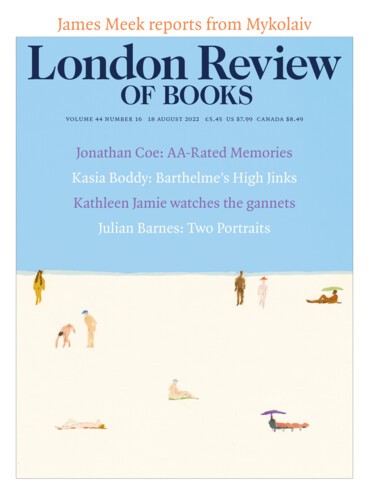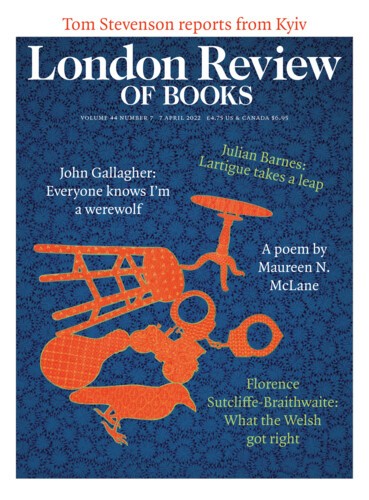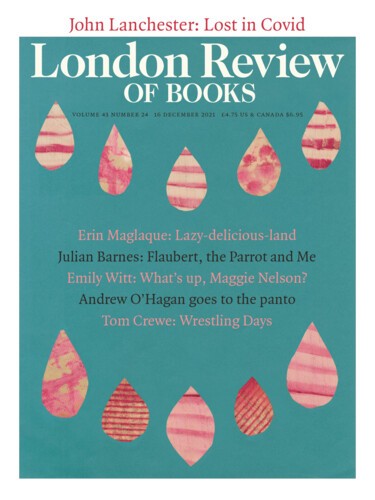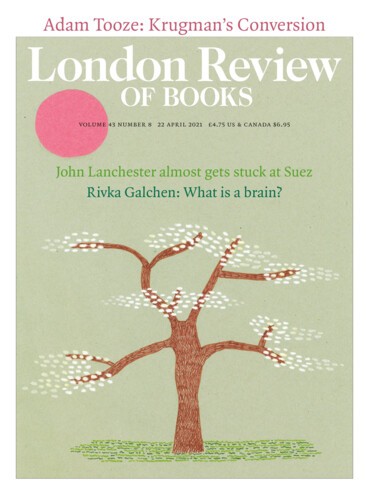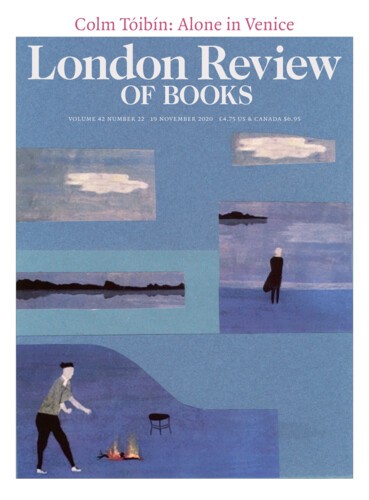At the National Gallery: Two Portraits
Julian Barnes, 18 August 2022
‘Where do the noses go?’ Ingrid Bergman asks in For Whom the Bell Tolls, voicing apprehension over how to kiss. ‘Always I wonder where the noses will go.’ For an artist the equivalent might be ‘Where do the thumbs go?’ Hands are notoriously difficult to draw: all those fingers so close together, limblets so expressive when we use them in life, yet often...
